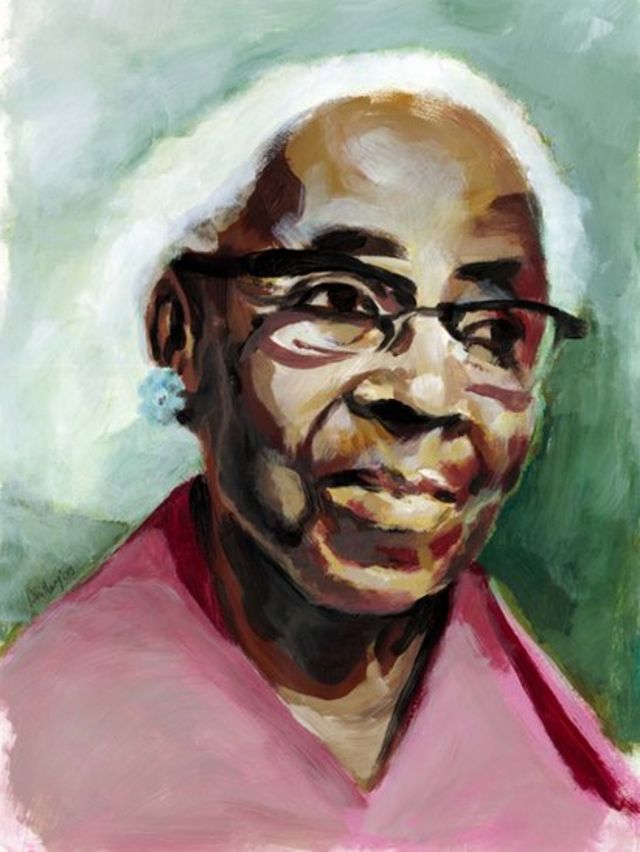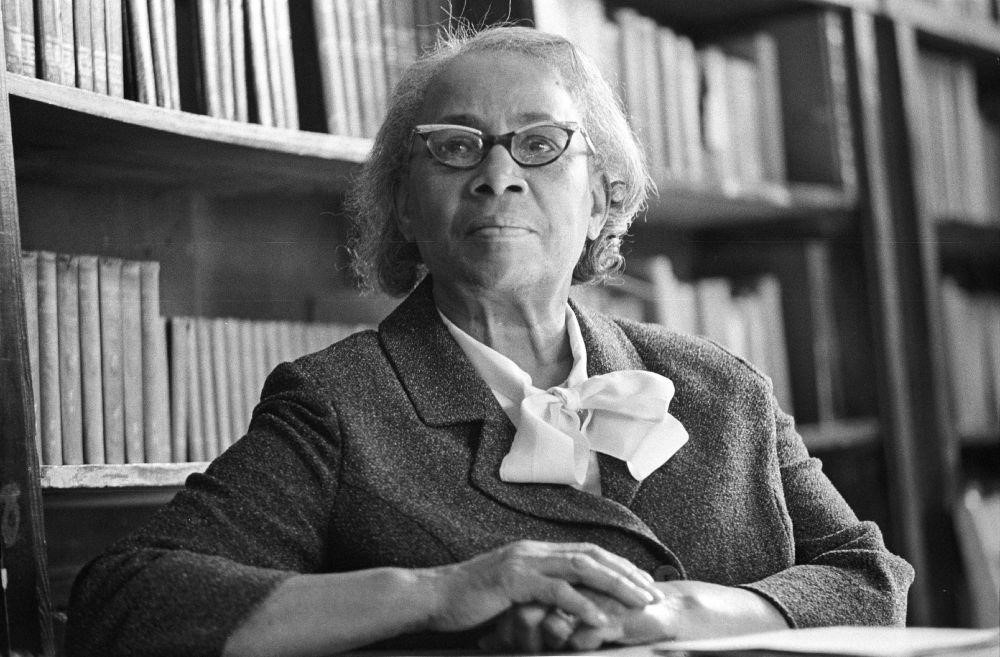Septima Clark (1898-1987), an activist and educator, is often referred to as the “Queen mother” or “Grandmother” of the Civil Rights Movement, and her work was often under-valued because of her gender, and taken advantage of by the male activists. Hers is not a case of being forgotten by history; but rather, not appreciated by it, and this post is going to serve as a summary of the excellent work she did during her lifetime, which was, simply put, extensive.
Clark grew up in Charleston, South Carolina and was raised by an illiterate father who had been enslaved and a Haitian American mother who had grown up in Haiti. She graduated high school and began working as a schoolteacher. Although she couldn’t work as a teacher in the South Carolina public school system because of segregation (re: racism), she taught in rural school districts, eventually earning her Bachelor’s from Benedict College and her Master’s from Hampton University. She then worked at the Booker T. Washington high school and began to be involved in the NAACP.
Throughout her life she worked as an educator, including all over South Carolina in both public and rural schools, but her most important education work was with the Southern Christian Leadership Conference (SCLC) where she set up workshops on literacy and citizenship, which she expanded into what were called ‘citizenship schools’. These schools not only provided literacy classes, but also education on citizenship rights and strove to give students a sense self-pride and cultural pride, especially in response to laws passed in South Carolina at the time which tried to disenfranchise Black Americans of their right to vote. Clark also worked with the Charleston Health Department, the Tuberculosis Association, Alpha Kappa Alpha, and served on the Charleston County School Board.
During her lifetime she wrote two autobiographies, Echo in My Soul and Ready From Within, and received numerous awards, including the Living Legacy Award from then-president Jimmy Carter, and an honorary doctorate from the College of Charleston. She helped an innumerable number of Black Americans take control of their situations and discover their full rights as citizens, and although her efforts were often overshadowed by other (male) activists, her work was no less important.

